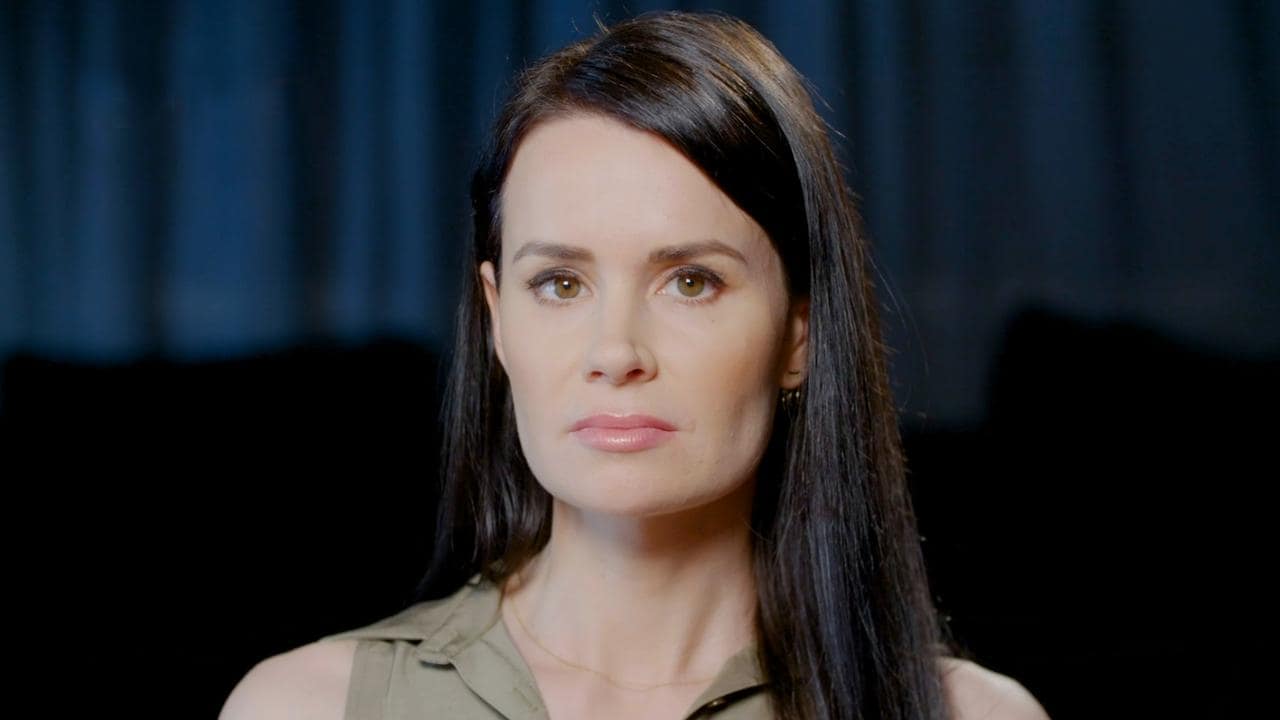A little more than three months ago, Australian academic Kylie Moore-Gilbert was spirited out of Iran after two years of imprisonment in some of the world’s worst jails. Moore-Gilbert was released two years into her 10-year sentence for “espionage” after a complex prisoner swap that saw the release of two Iranians imprisoned in Thailand over a plot to bomb Israeli targets in Bangkok.
Moore-Gilbert could be forgiven for laying low and adjusting to life back home after her long incarceration on falsified charges. Instead, the University of Melbourne academic has been using her profile to draw attention to those she left behind in Iran’s notoriously brutal prisons — as well as the larger dreadful human rights picture in Iran.
Among the foreign citizens still being detained in Iran are Britons Nazarin Zaghari-Ratcliffe and Anooshe Ashoori, Swede Ahmadreza Djalali, Farida Adelkah from France, German Nahid Taghavi, Austrian Masud Mossaheb and Americans Morad Tahbaz, Emad Sharghi, Baquer Namazi and Siamak Namazi.
Moore-Gilbert has implored the regime to release 66-year-old Taghavi saying, “we hold grave fears for her physical and psychological health”. She has condemned extra punishments meted out to Ashoori for smuggling out messages about the spread of COVID-19 in Evin prison. She has advocated for Zaghari-Ratcliffe to be allowed to return to Britain on her release date of March 7. She deplored the detention of anthropologist Adelkah, saying she should be “celebrated by her homeland, not locked up and silenced”.
Read the article By Naomi Levin in The Australian.

